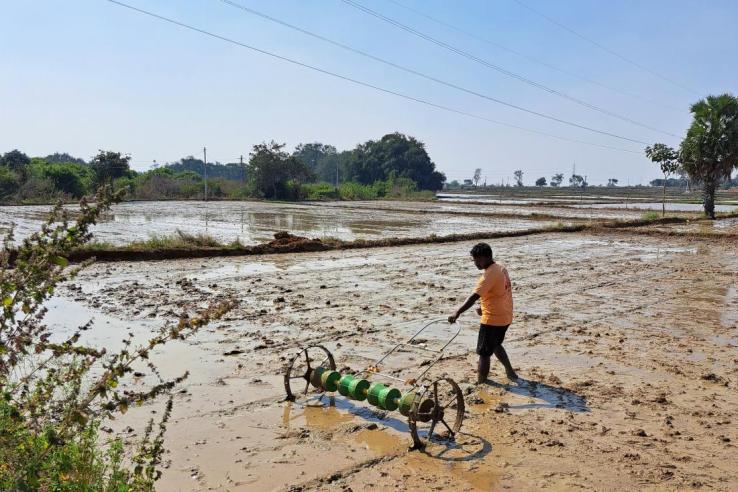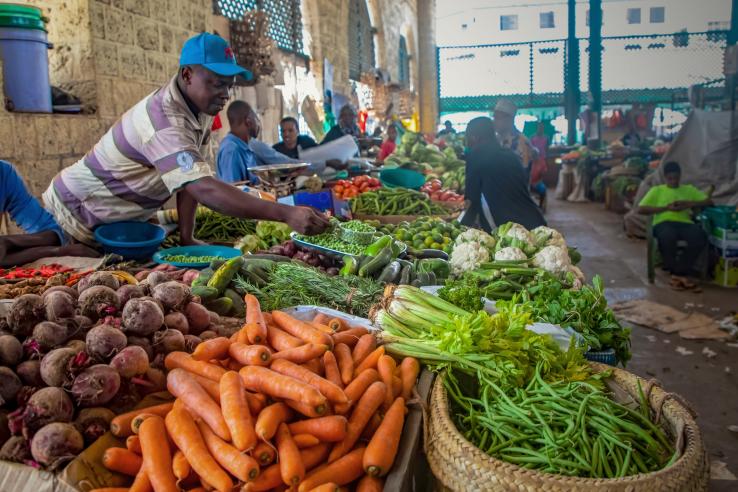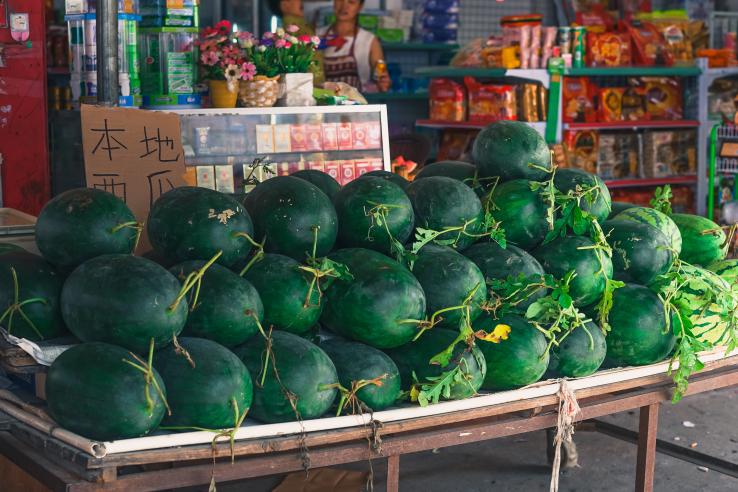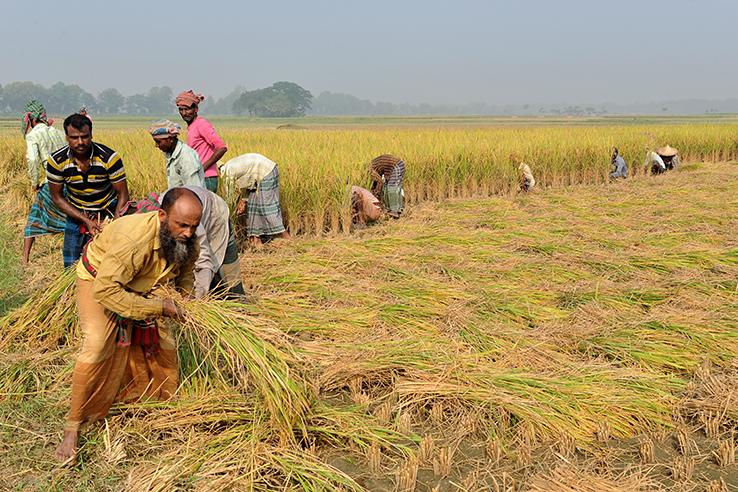Agriculture
Three-quarters of the world’s poor live in rural areas, and many depend directly or indirectly on agriculture. Agricultural technologies have the potential to improve their lives through higher yields, better prices, lower risk, and improved nutrition. But take-up of these technologies—from improved seeds to financial products like microinsurance—is low.
J-PAL affiliates are conducting rigorous research to test new ways to promote take-up, boost farmers’ profits, manage the risks inherent to agriculture, and better link farmers to markets.
In addition to supporting policymakers in applying evidence from randomized evaluations to their work, sector chairs and staff write policy insights that synthesize general lessons emerging from the research, condense results from evaluations in policy publications and evaluation summaries, and build partnerships and fund new research through the Agricultural Technology Adoption Initiative, the Digital Agricultural Innovations and Services Initiative, and the UM6P-J-PAL Agricultural Lab for Africa.

Blog
Insights from the field: Exciting new work from aspiring researchers supported by the Agricultural Technology Adoption Initiative
In this blog, Karin Mason, former Agriculture Program Intern at CEGA, highlights three ATAI-funded projects led by graduate students Steven Brownstone (UCSD), Piyush Gandhi (UCSC), and Iacopo Bianchi (SU).

Policy insight
Increasing small-scale farmers’ access to agricultural markets
Farmers in low- and middle-income countries face challenges accessing markets and earning profits on their agricultural goods. When small-scale farmers have better access to both markets where they buy inputs for their own farming and markets where they sell their goods, they can often invest more...

Evaluation
Laser-Branding Technologies to Increase the Quality of Watermelons in Chinese Markets
Researchers conducted a randomized evaluation to test the impact of different types of labels to signal product quality on sellers’ ability to develop a reputation for consistently selling high-quality watermelons in China. The more expensive laser-cut label influenced sellers to provide higher...

Policy insight
Building farmers' resilience to climate change
In the face of weather shocks, improved agricultural technologies and techniques, financial services, and social assistance programs can improve the resilience of small-scale farmers. These tools can help farmers prevent crop losses, avoid consumption cuts or sales of productive assets, or even...

Blog
J-PAL and UM6P launch new agriculture research lab to improve food security and support evidence-informed decision-making in sub-Saharan Africa
On October 10, J-PAL in partnership with University Mohammed VI Polytechnic launched the UM6P-J-PAL Agricultural Lab for Africa. Chaired by Tavneet Suri (MIT, J-PAL Agriculture sector Co-Chair), the lab will be hosted at University Mohammed VI Polytechnic (UM6P) in Rabat, Morocco, with the goal of...




